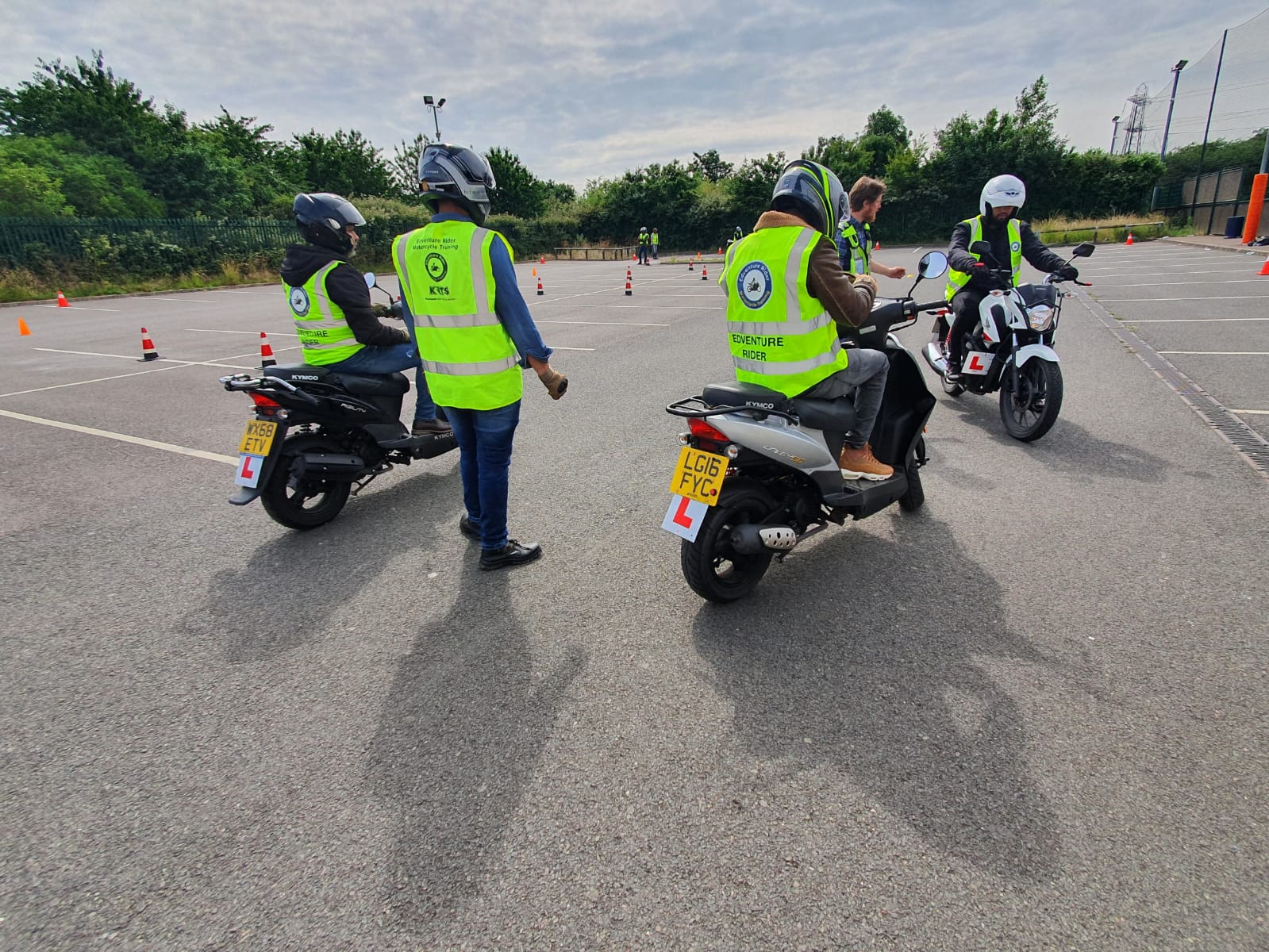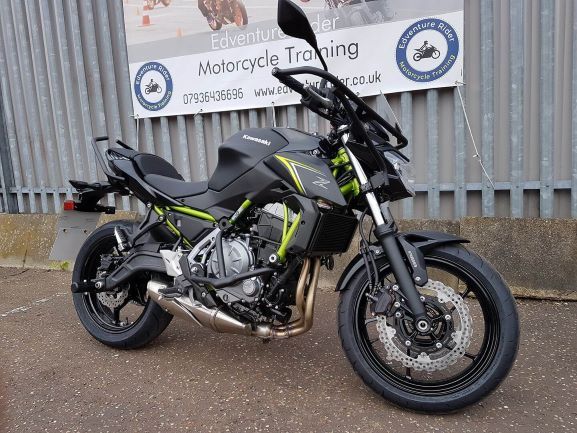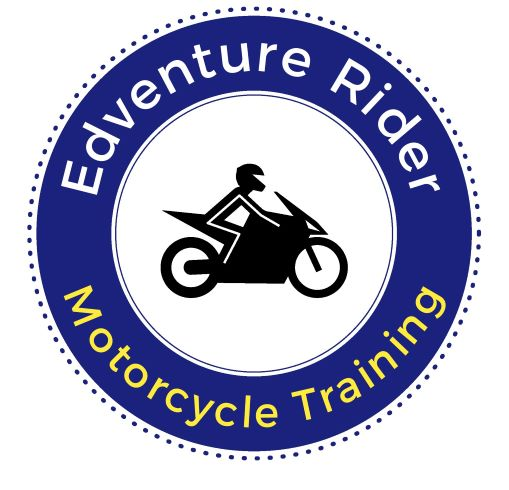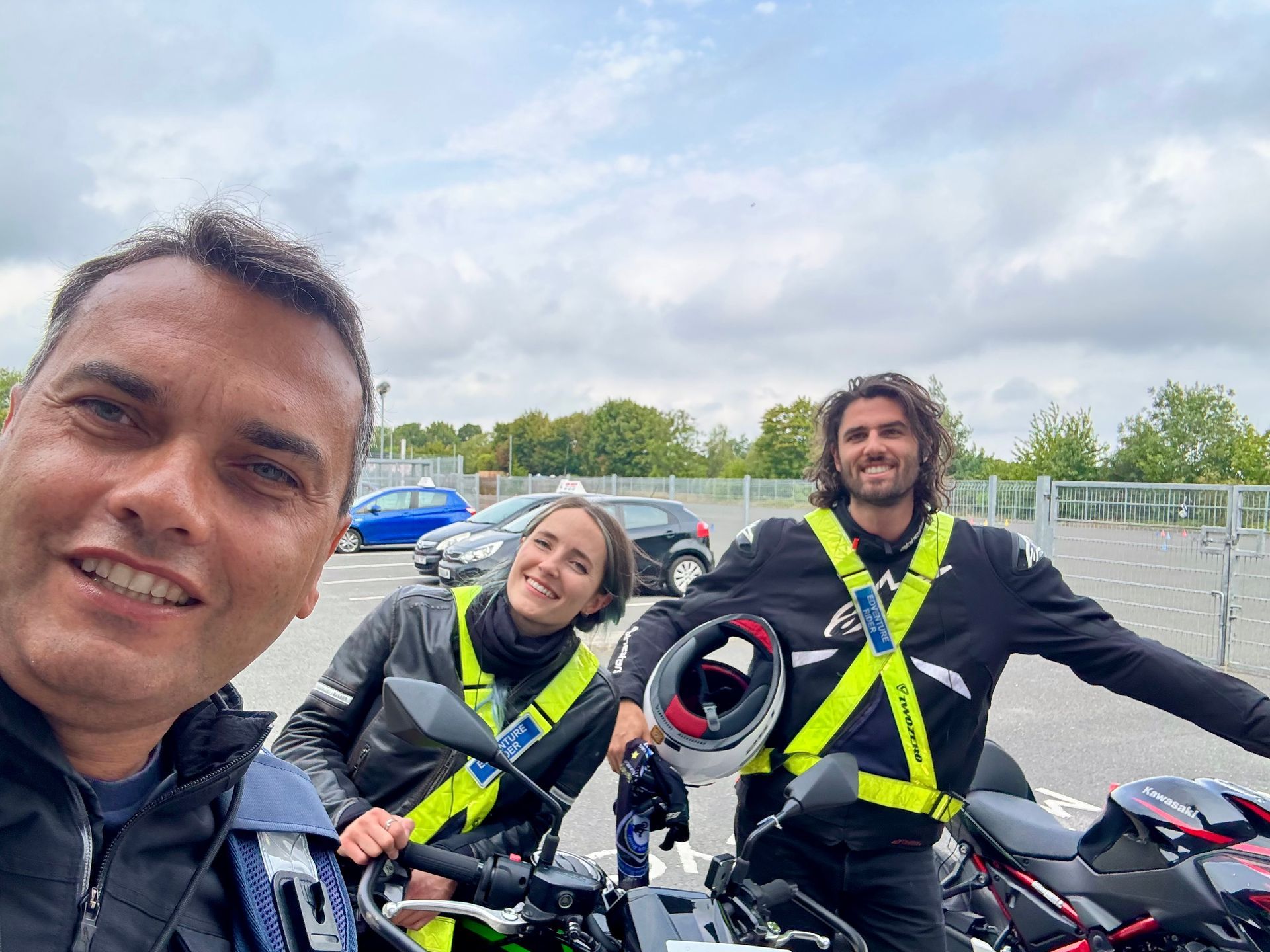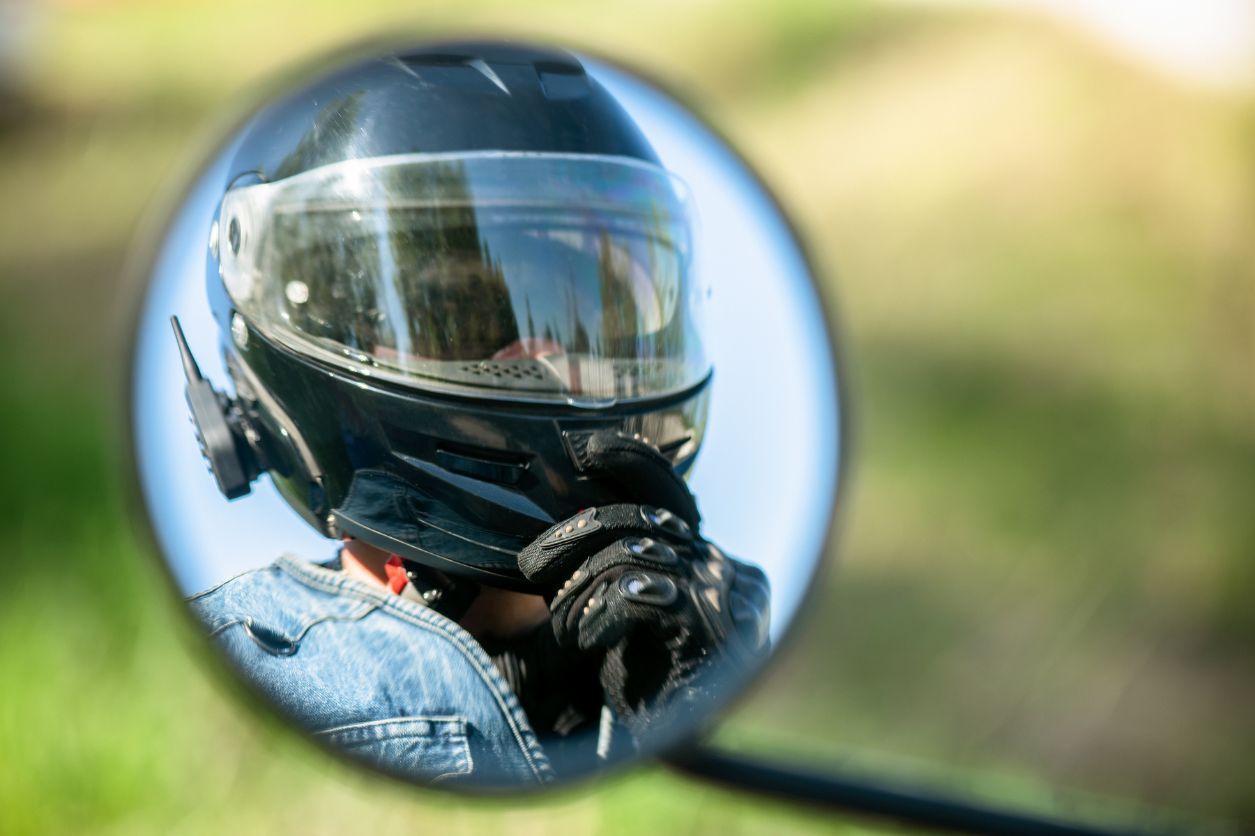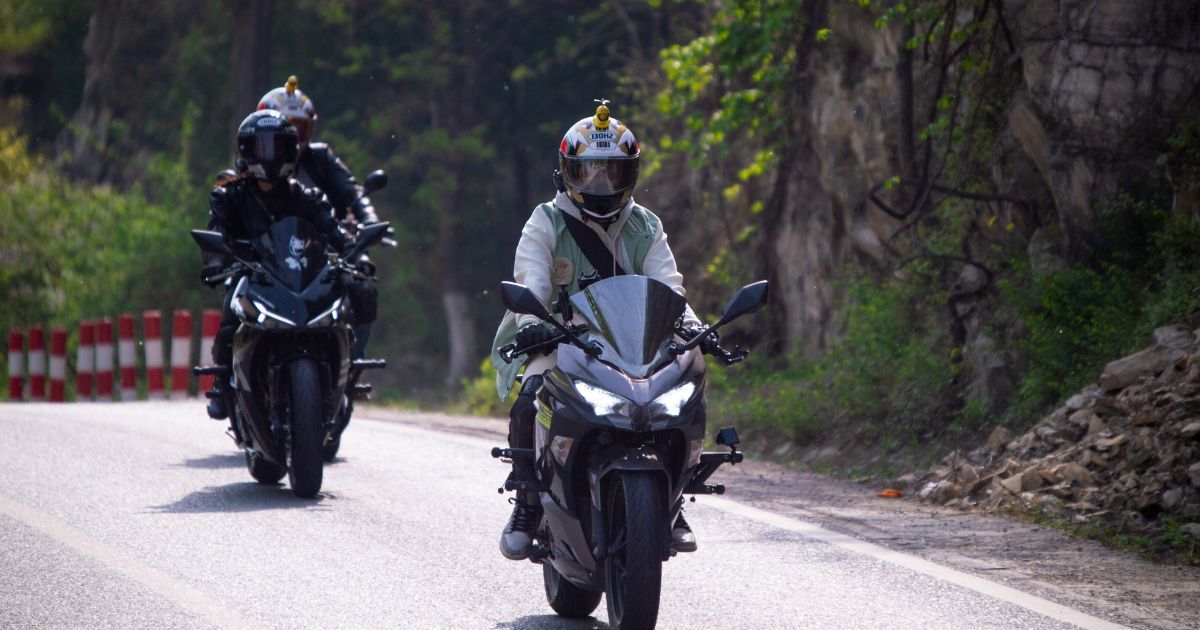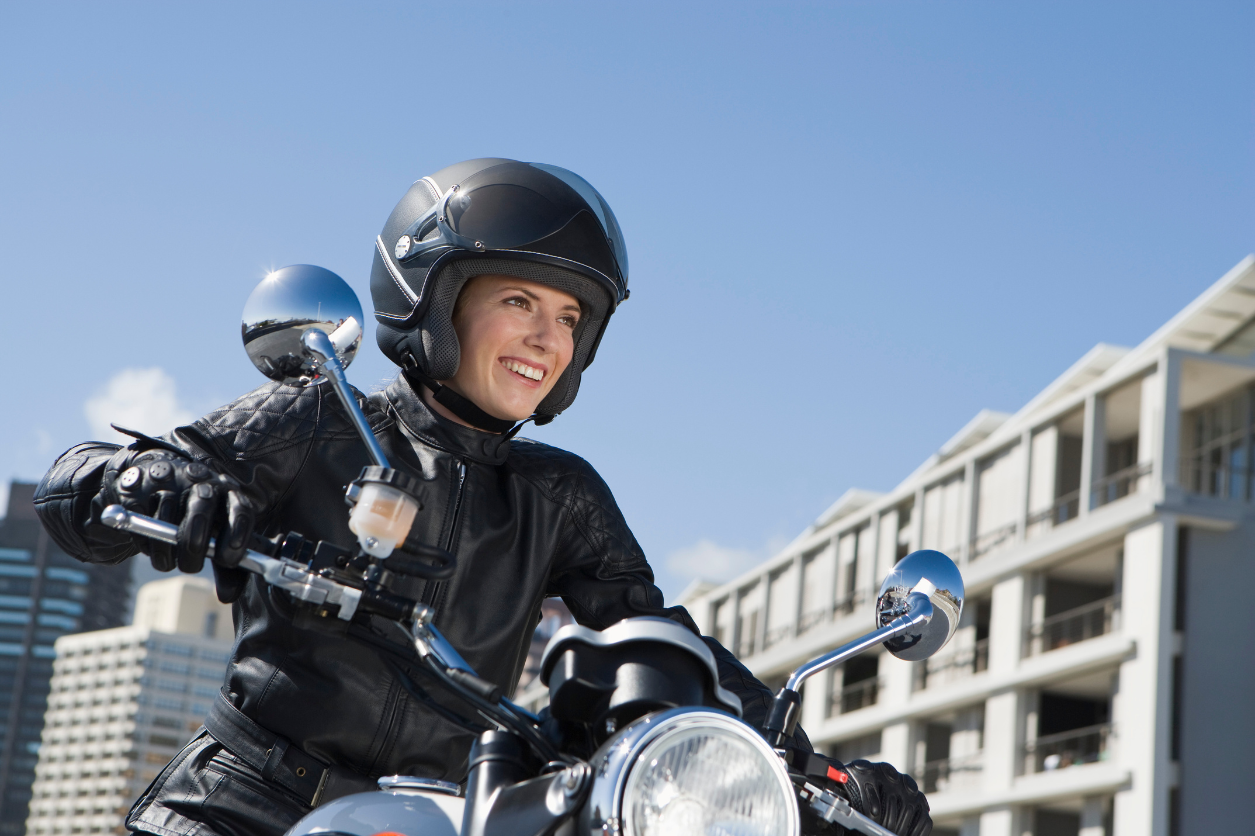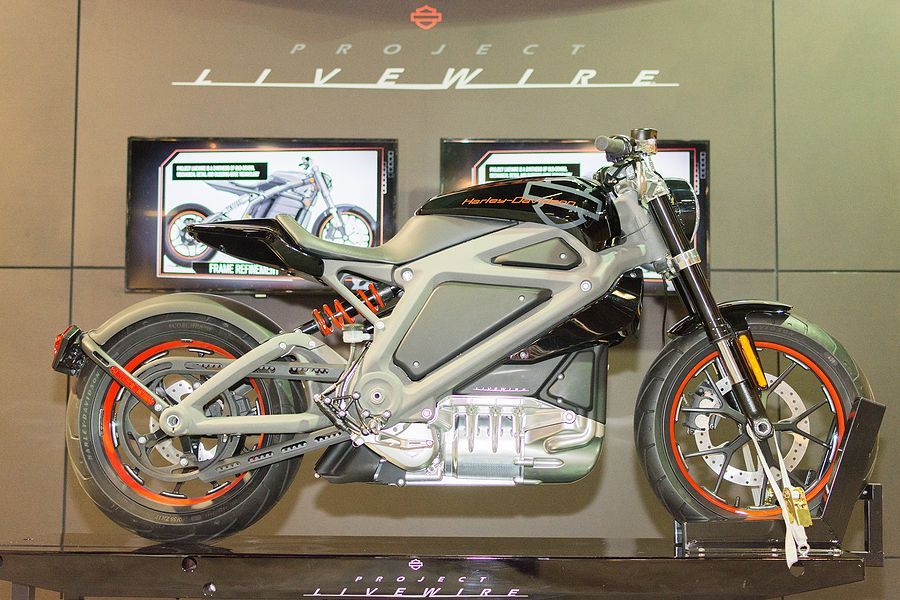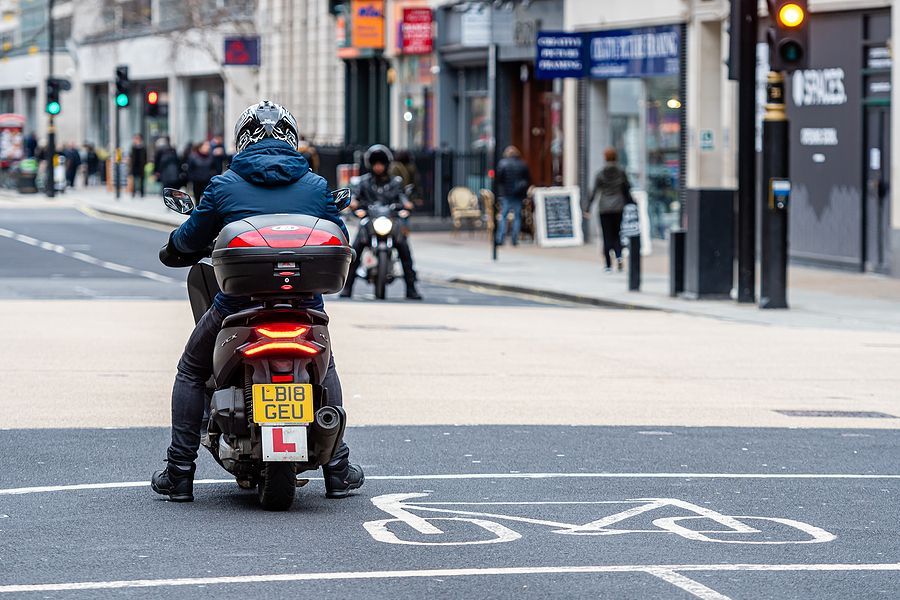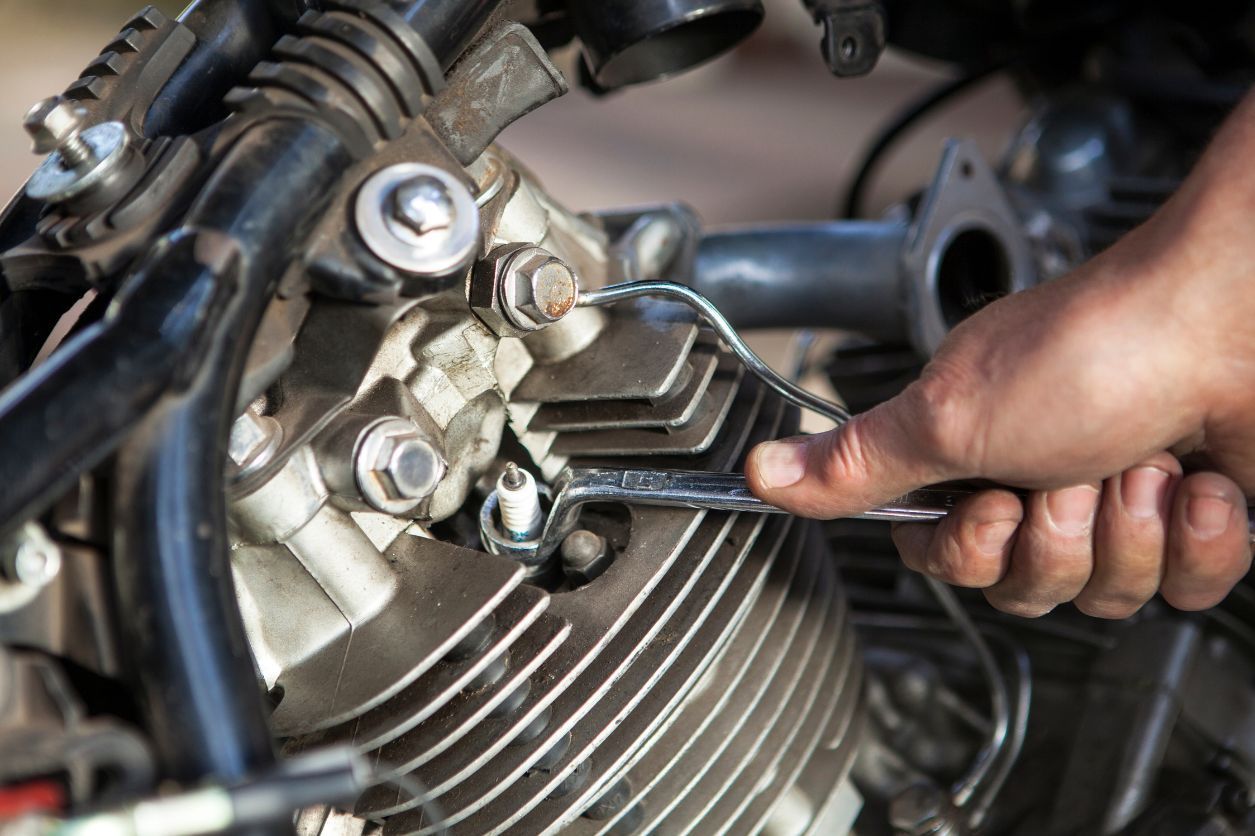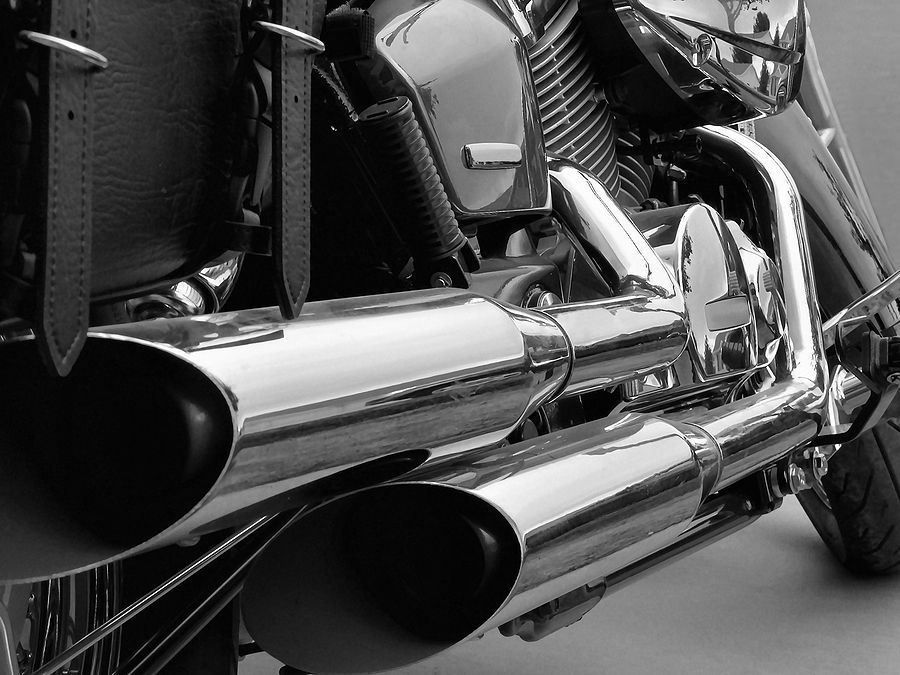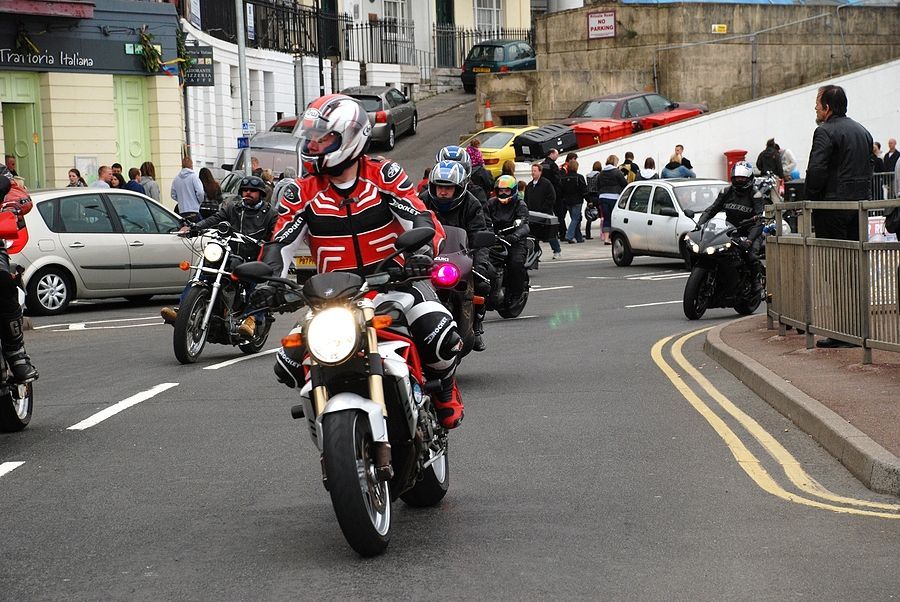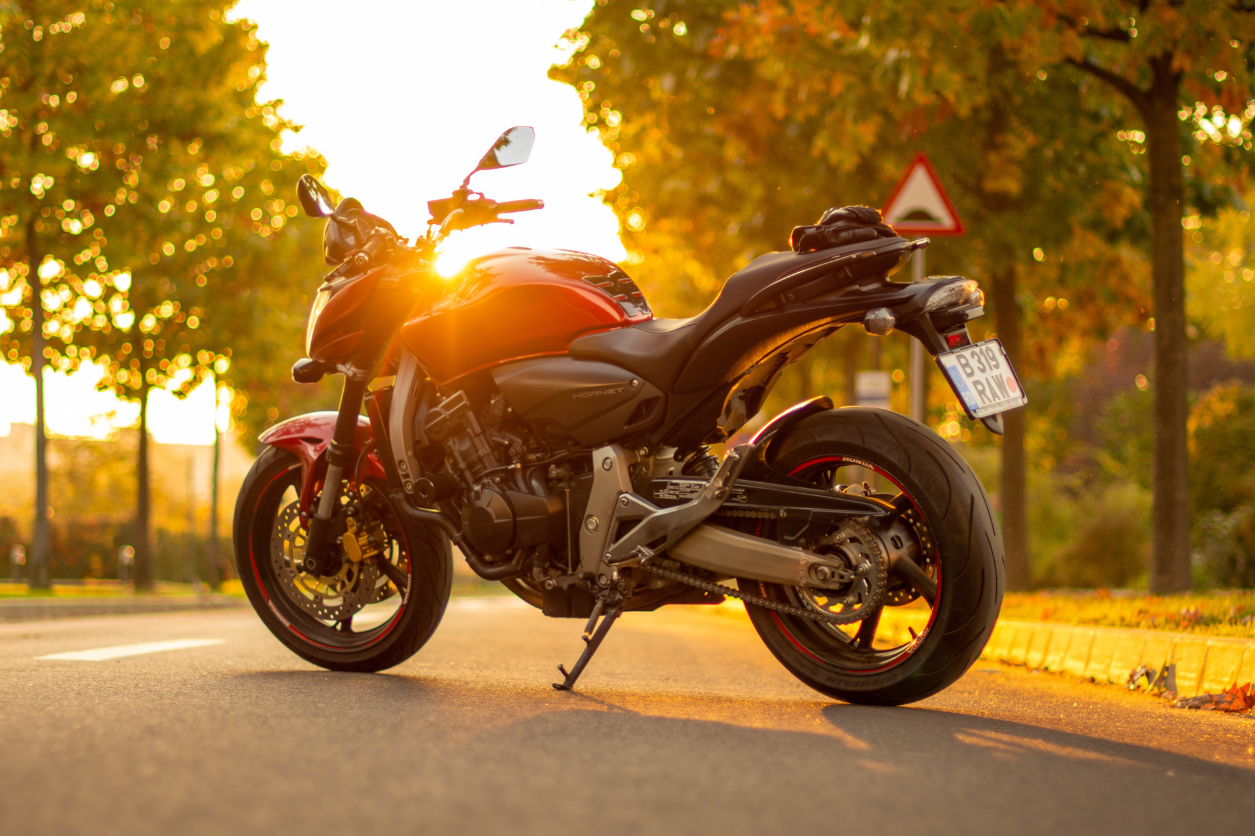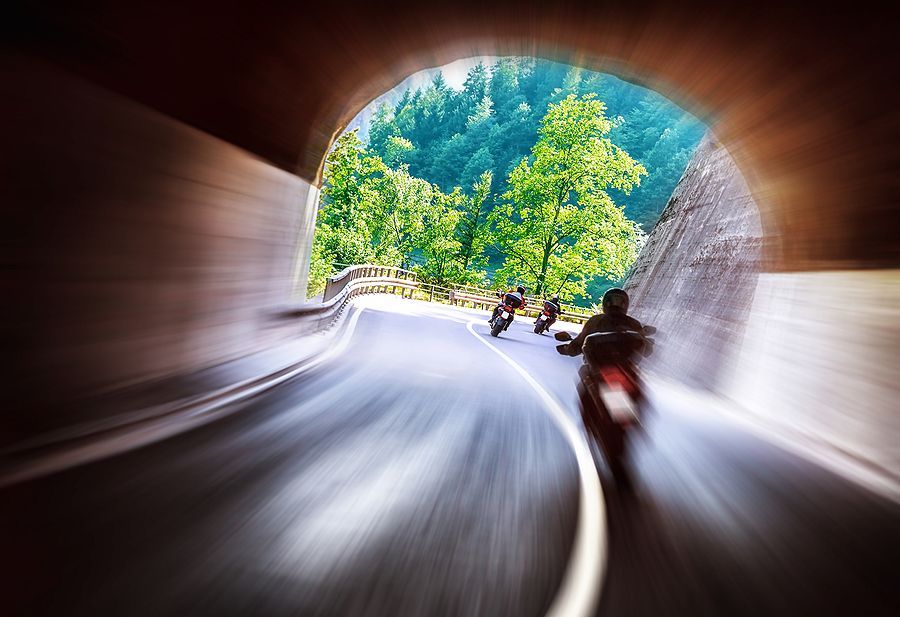Could Spanish Motorbike-Only Idea Be Copied Here?
Taking a motorcycle course in London is an important step not only to getting your licence, but in learning to understand the skills you will need to deal with the busy streets of the capital.
Whether it is traffic jams or the potential dangers faced by those on two wheels from vehicles on four, riders will need skill, knowledge and awareness to get around safely and swiftly.
The same used to be said of those on pushbikes, but now cyclists have their own lanes and also dedicated cycle routes across the capital. But could London do the same for motorcyclists?
A city that is thinking of trying out such an idea is Barcelona, reports the English language paper Local ES. The head of the Spanish DGT traffic authority Pere Navarro has suggested the scheme, with the body noting that 86.3 per cent of traffic accidents involve motorbikes or scooters, despite other research showing they only account for ten per cent of vehicles.
He said: “We need to reflect and think about a possible redistribution of space to adapt to the new circumstances”.
In Barcelona, 33 per cent of vehicles are motorbikes and it is this high volume that could make such an experiment viable. If it can be shown to work, other Spanish cities may adopt the idea and that in turn could be copied elsewhere.
Indeed, the website noted, there are already some cities in Latin America with motorbike-only lanes.
The numbers of motorbikes compared with cars are lower in Britain, with DVLA figures showing that at the end of September 2022 there were 32,139,000 cars licensed in Britain, compared with 1,429,000 motorbikes.
Even so, just as more cycling lanes and dedicated cycle paths have encouraged more use of pedal power, so more motorcyclists could be encouraged by the growing provision of lanes to help them get around the capital swiftly and safely.
